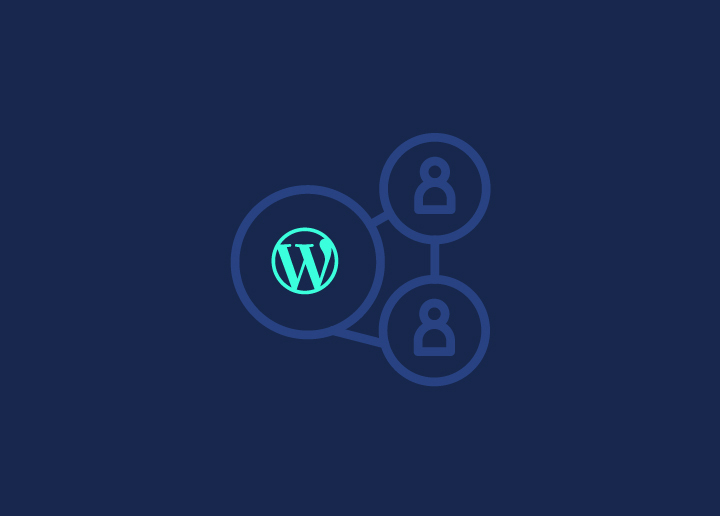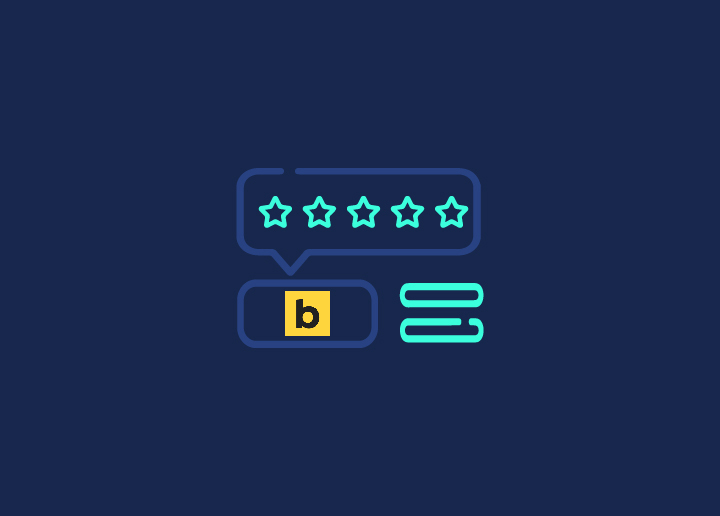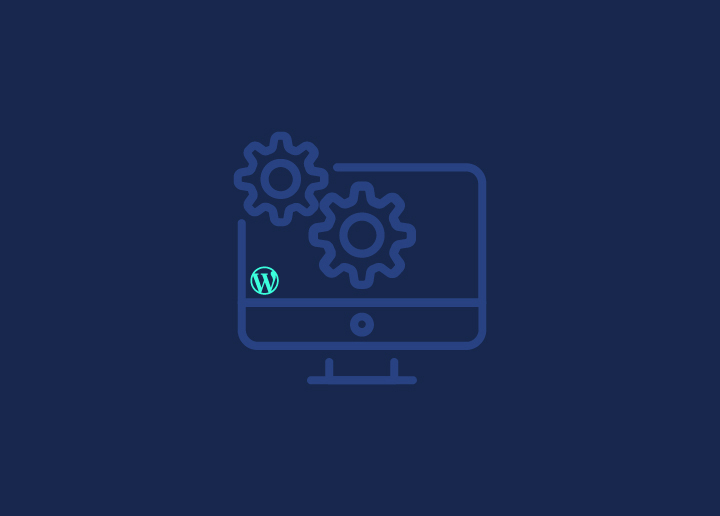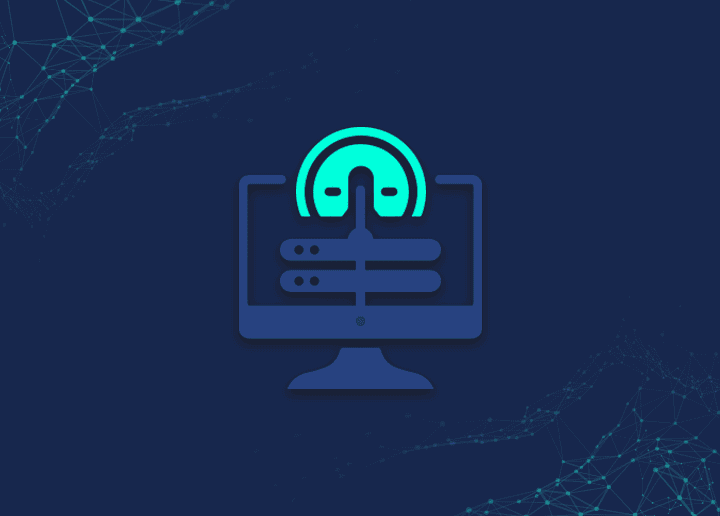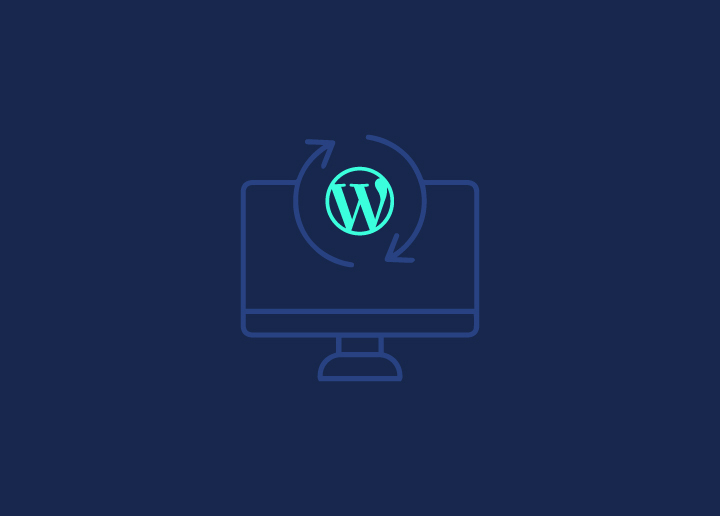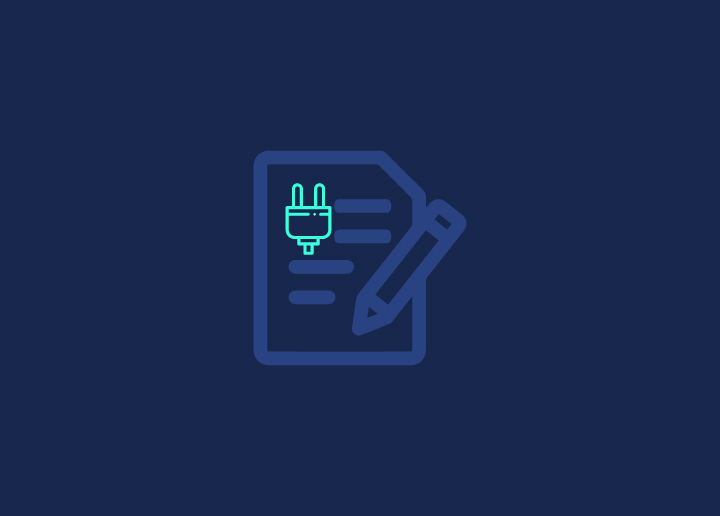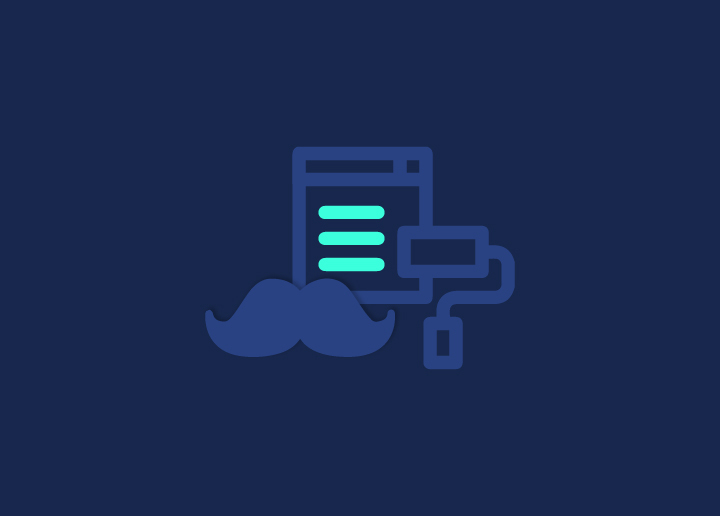A website’s bandwidth refers to the amount of data that can be transferred between that site and its users.
It’s helpful to think of bandwidth as a funnel. Your client is the cup, and your website data is the water. The water will flow into the cup faster if the aperture at the bottom of the funnel is larger.
In other terms, the more bandwidth you have, the faster your clients’ pages load.
The terms bandwidth and data transfer are not interchangeable. Data transmission relates to the quantity of data that can be sent, and bandwidth describes how much data can be sent within a particular period of time.
How Do We Measure Bandwidth?
Gigabits per second, or Gbps, is the most common bandwidth measurement unit. The higher the bit rate, the faster your material will load. Sometimes, slower bandwidth speeds are measured in Mbps (megabits per second).
Importance of Bandwidth
According to Neil Patel, 40% of web users quit a page after only three seconds of loading time. In addition, 47% of eCommerce buyers want load times of less than 2 seconds. In other words, no one has time to sit and stare at a loading screen.
When a website has a sudden rush in traffic, the bandwidth given by the hosting business becomes critical, resulting in a website collapse or malfunction if the bandwidth offered by the hosting firm is insufficient. As a result, it’s critical to evaluate the hosting company’s bandwidth rate.
In Hostinger, go to Order Usage and check your website bandwidth. You can get information on things like bandwidth utilization, CPU usage, memory consumption, processes, visits to your websites, and more. Different hosting companies have different reports, so double-check with yours.
What Happens If You Exceed Your Bandwidth?
Every web server places a limit on how much bandwidth you can use. So what happens if you go above the limit?
When you go over your bandwidth limit, one of the following things will happen:
- The host may temporarily suspend your website.
- You will be told when your website has reached its bandwidth limit, and you will have the option to upgrade your plan or have the website suspended for some time.
- The host may charge extra fees (in the form of fines or overuse fees).
- Your hosting plan may also be automatically upgraded to the next higher level so that you have more bandwidth.
That is why it’s a good idea to examine the host provider’s policy on what happens if you exceed your bandwidth limit.
How to optimize your bandwidth?
Consider limiting the bandwidth available to your site if you are not quite ready to increase your hosting service. You can achieve this by compressing images and reducing the size of large files and movies on your website.
Additionally, you should enable compression from HTTP, CSS, and JavaScript using a cache plugin. You can also use a Content Delivery Network (CDN) for static content storage, reducing server load.
If the bandwidth limitations of your current hosting plan no longer meet your needs, you should consider changing to a VPS hosting plan or a cloud hosting service like DreamHost.
Conclusion
For your WordPress website, DreamHost provides high-quality hosting. Our hosting services support websites of all sizes.
Get more related articles on WordPress best practices, troubleshooting techniques, and other tips on our blog page, and to know about all WordPress terminologies and other basic definitions, visit our glossary page.
However, we at Seahawk Media provide the best of all the services to meet your end-to-end WordPress needs. Contact us or check our blog page for more insights.








